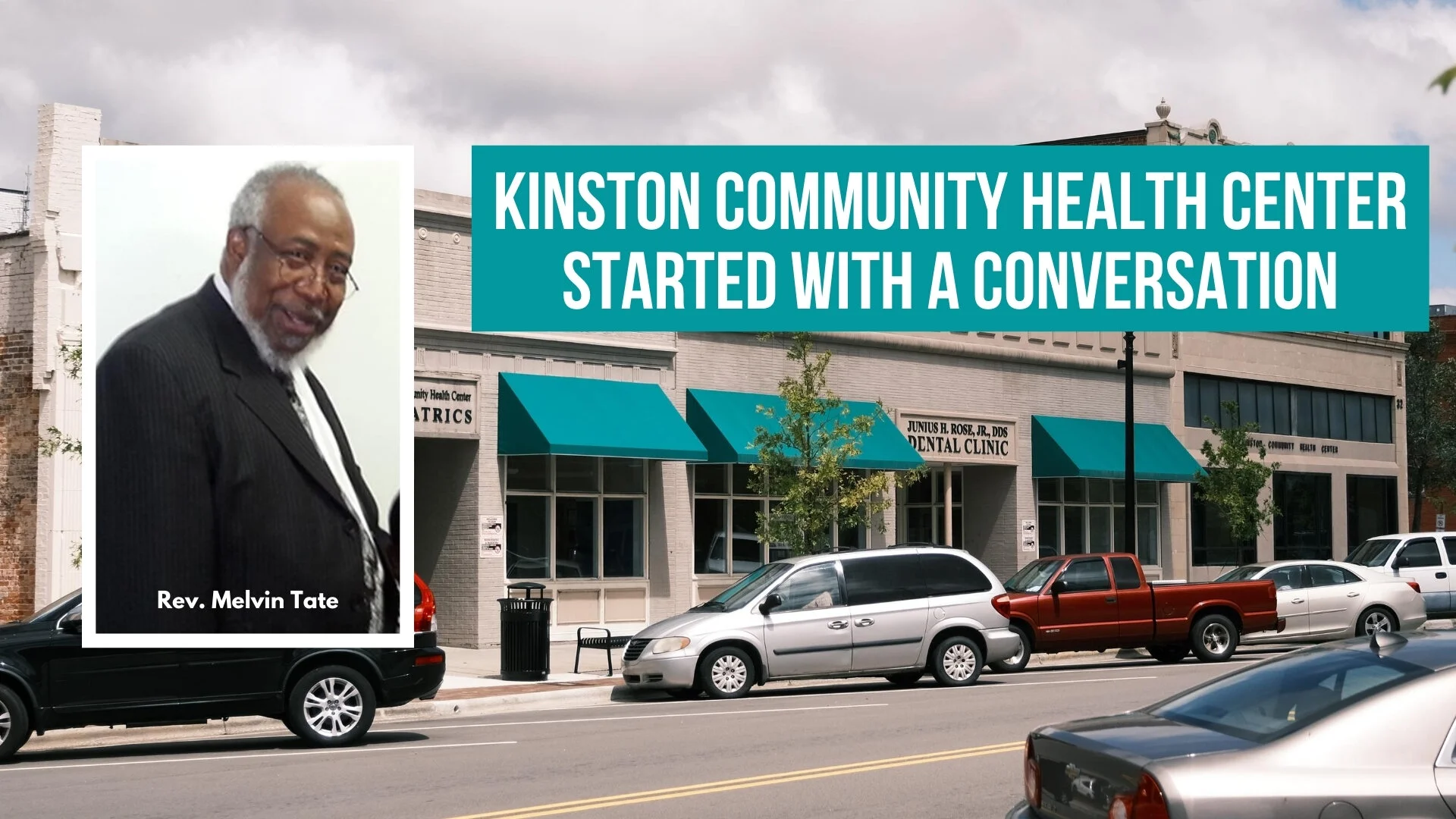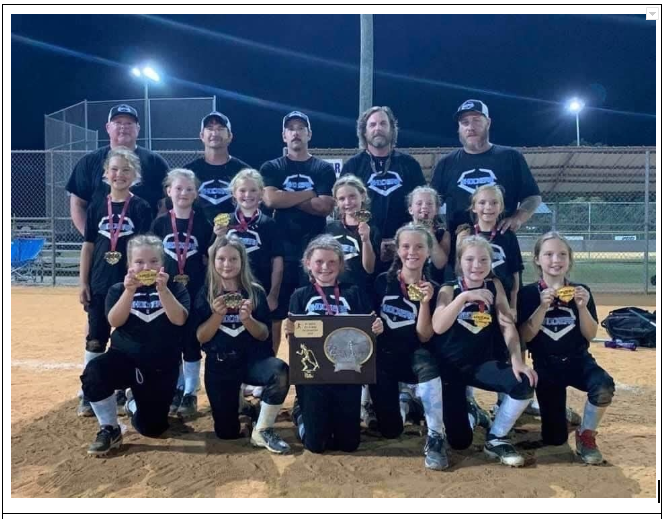Kinston Community Health Center started with a conversation
Nearly 30 years ago, a vacuum existed in the Lenoir County healthcare system. Few options existed for the underinsured and uninsured in Lenoir County, leaving the local emergency department to fill the void, and pick up the tab.
When Rev. Melvin Tate moved to Kinston in the early 1990s, he brought with him a familiarity with community health centers, having served on the board of one such center in New Jersey.
Tate said the road to a community health center in Kinston began when he was invited to participate in a series of meetings with the Lenoir County Health Department regarding the high rates of teen pregnancy in the county.
“I knew that the [health center] programs worked well to help change the health statistics [in an area],” Tate said. “It was a good fit for the problems we were having.”
Tate proposed the idea of a community health center as a solution, and began working toward the establishment of what would become the Kinston Community Health Center in 1993, with support from others in the community, including Robert Brown, Dorothy Williams, Thelma Carrow, Judge Paul Jones, Judy Rochelle, and George Graham.
Local philanthropists, including Sol and Pearl Schecter and Felix and Margaret Harvey provided financial support for the proposed health center. Leadership at Lenoir Memorial Hospital also endorsed the idea, and in May 1994, the Kinston Community Health Center received 501(c)(3) non-profit status.
A large amount of funding for the start-up came in December of 1994 from the National Association of Community Health Centers, and the KCHC was able to begin providing services to the community from its initial location on Airport Road in Kinston.
From its inception, the KCHC provided basic primary care services to the community, and served as a medical home, regardless of the patient’s ability to pay, with fees based on a sliding scale.
In September 1995, the KCHC began providing dental services to the community, with contributions from Lenoir Memorial Hospital and the Duke Endowment later providing funding for a full dental clinic, which would later be expanded with further donations from those organizations.
Tate said he didn’t know at the time how much would come from just one conversation, but he is proud of what was accomplished.
“The timing was right, to bring the community together, where it had been divided between the city and county,” Tate said. “There was no one who said ‘no.’ It was just an idea whose time had come, and I just thank God I had the opportunity to be part of it.”



